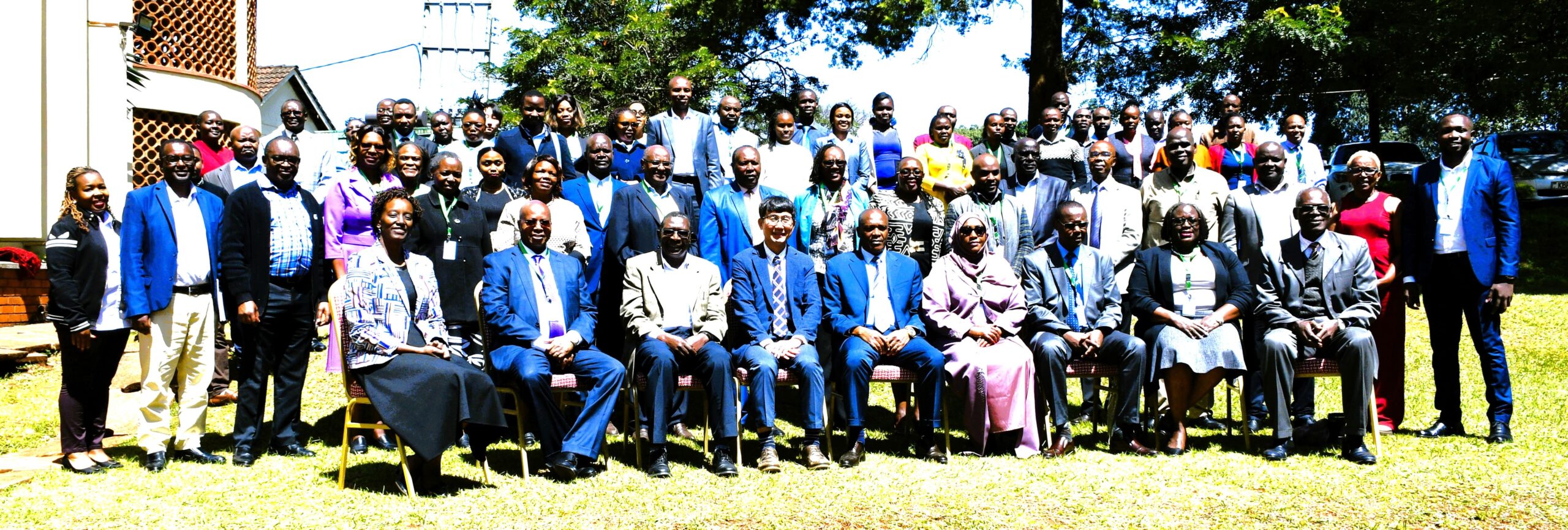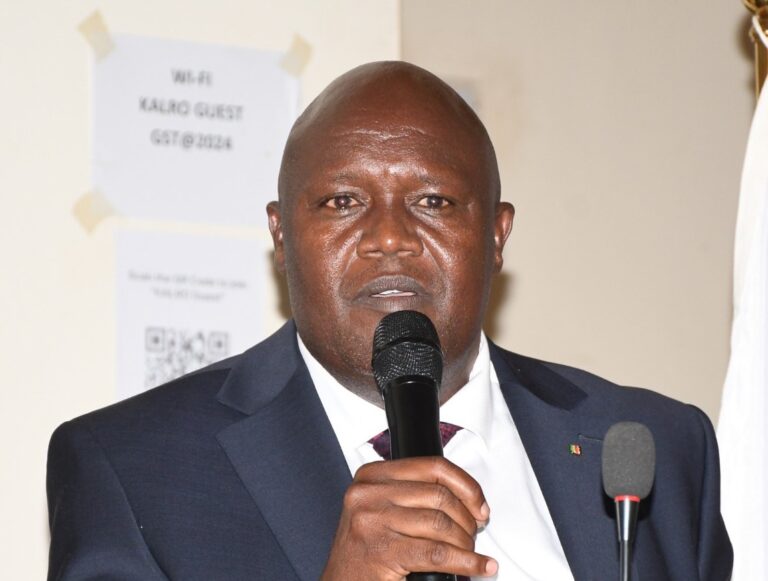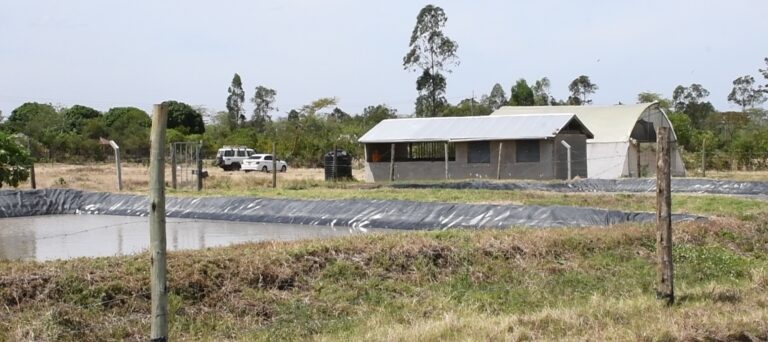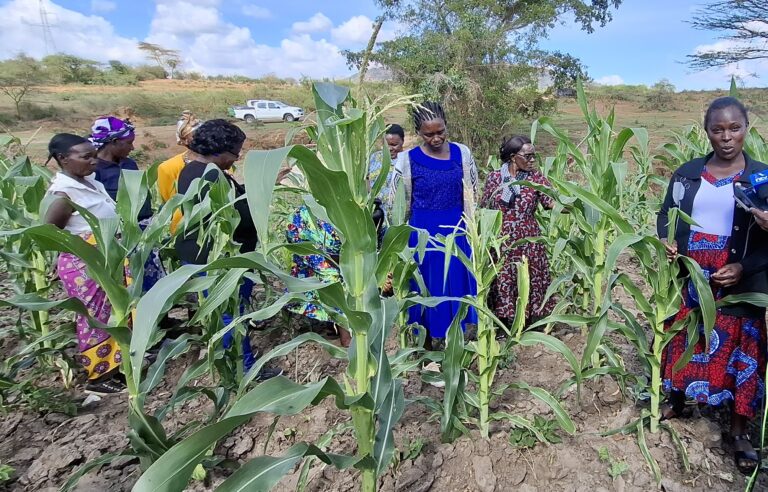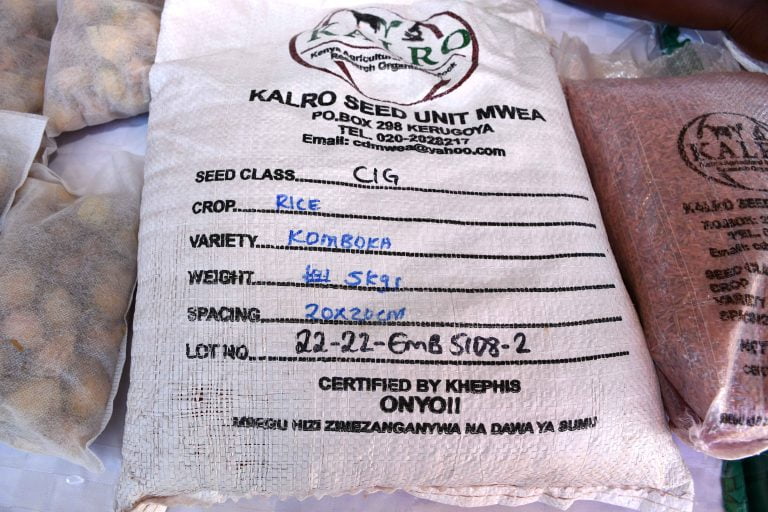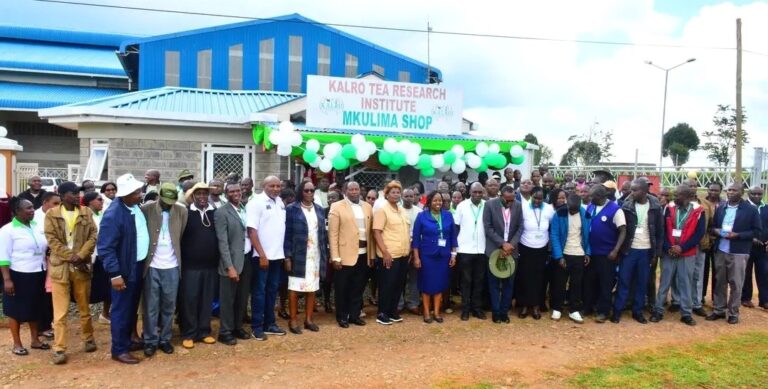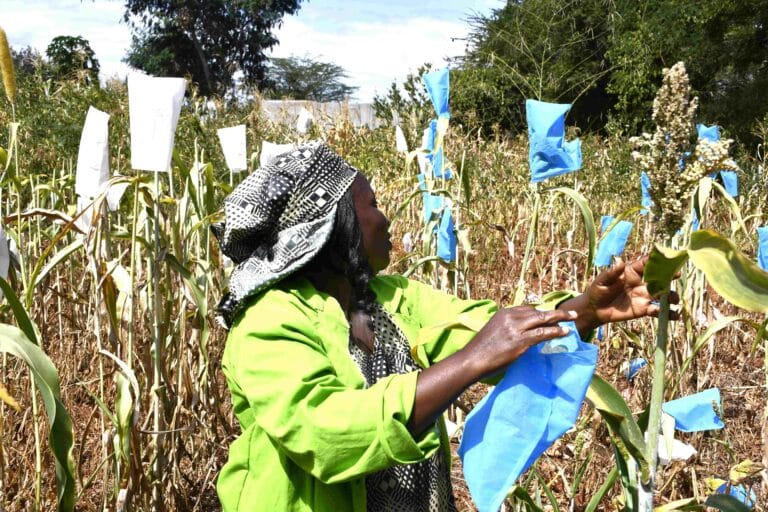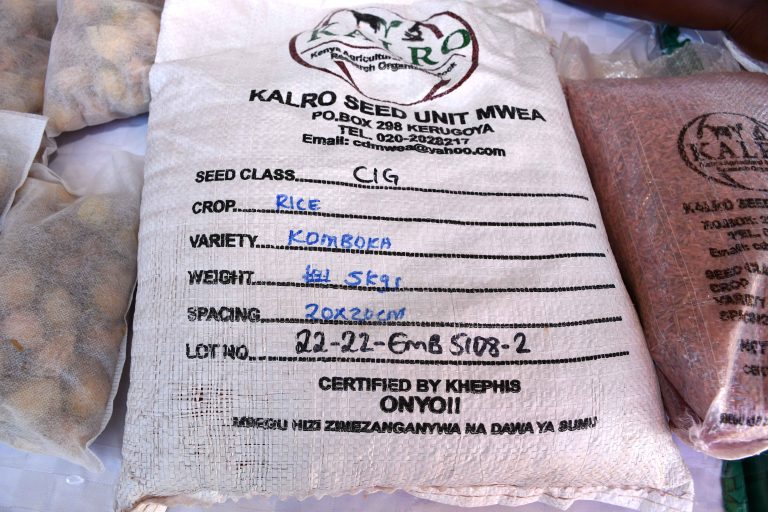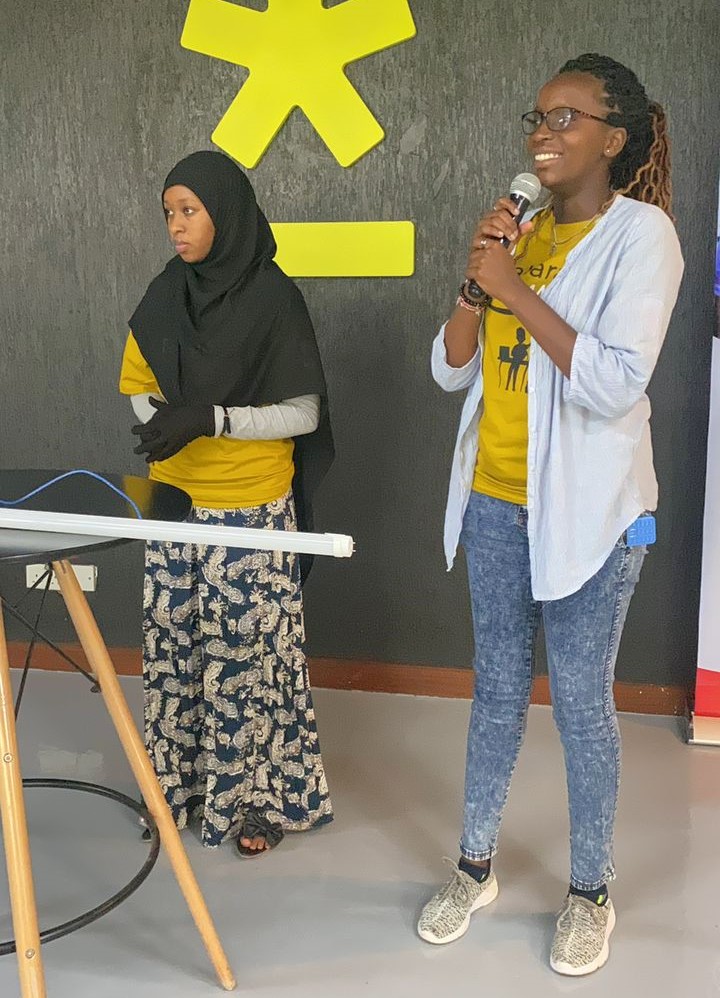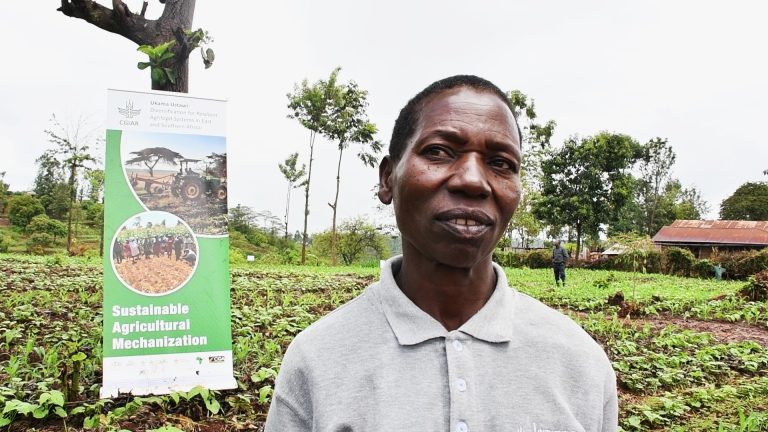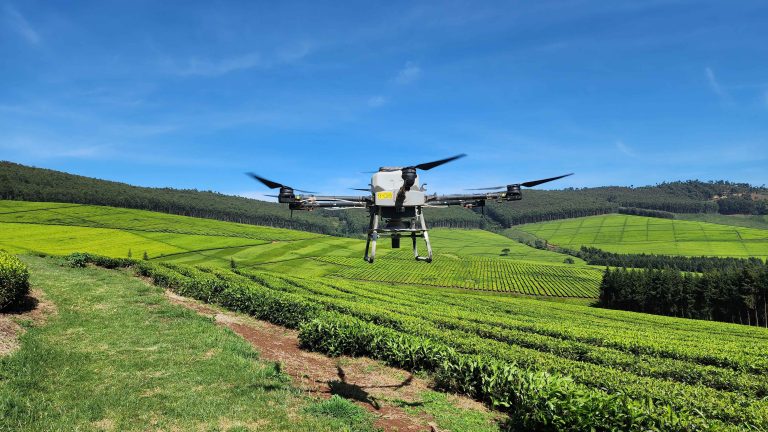By Kimuri Mwangi
The Kenya Agricultural and Livestock Research Organization (KALRO) held its 1st Socio-Economics and Policy Development Conference and Exhibition at the KALRO Headquarters in Nairobi. Themed “Building Resilient Food Systems through Socio-Economics and Policy Research,” the three-day event brought together key stakeholders from research institutions, government, development partners, and the private sector to explore how socio-economic and policy research can shape Kenya’s agricultural future.
Officiating the opening ceremony, KALRO Director General, Dr. Eliud Kireger, underscored the need for research that not only generates innovative technologies but also ensures these innovations are economically viable, socially inclusive, and guided by supportive policy frameworks. The DG highlighted the growing complexity of agricultural systems, noting that while KALRO continues to develop Technologies, Innovations, and Management Practices (TIMPs), their success depends heavily on understanding the socio-economic context, market systems, and policy environments in which they operate.
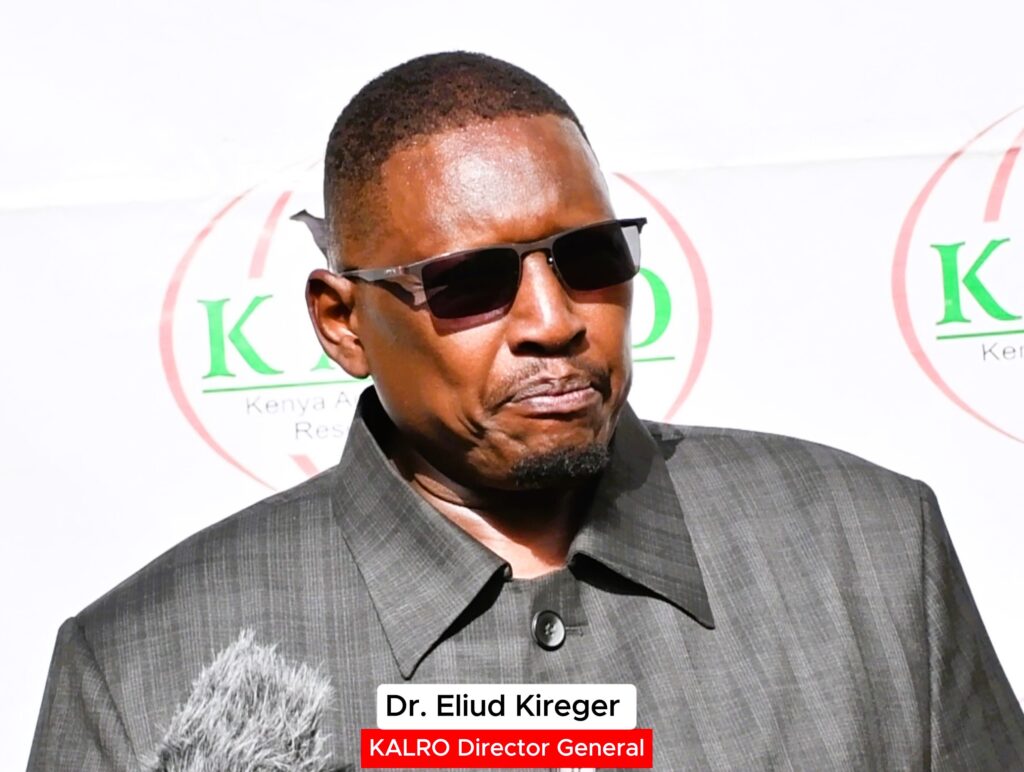
“The transformation of agriculture is not only about technology. It is about ensuring that innovations are socially acceptable, economically viable, and supported by sound policies and functional markets. As a research institution, we must design technologies that are socially acceptable to our farmers. We must understand the environment in which these technologies are going to work. As a research organisation, we develop a lot of technologies that are scientifically based, which are supposed to work outside. But there are other factors which influence the adoption of these technologies. You might develop a very good technology, but the farmers may not like it because it may be culturally unacceptable. For example, in some areas, you may breed a chicken which is black. It might be very fast growing, very nutritious, but because of the taboos that influence the adoption of different technologies, that might not be accepted. So, our objective is to dialogue and see how we can be able to influence policy in terms of how it affects the adoption of technologies,” said the DG.
Dr. Alice Murage, the Acting Director, Socio-Economics & Policy Development at KALRO, said that they want to tailor-make their technologies, ensuring there is no disconnect, ensuring that they do what participatory research.
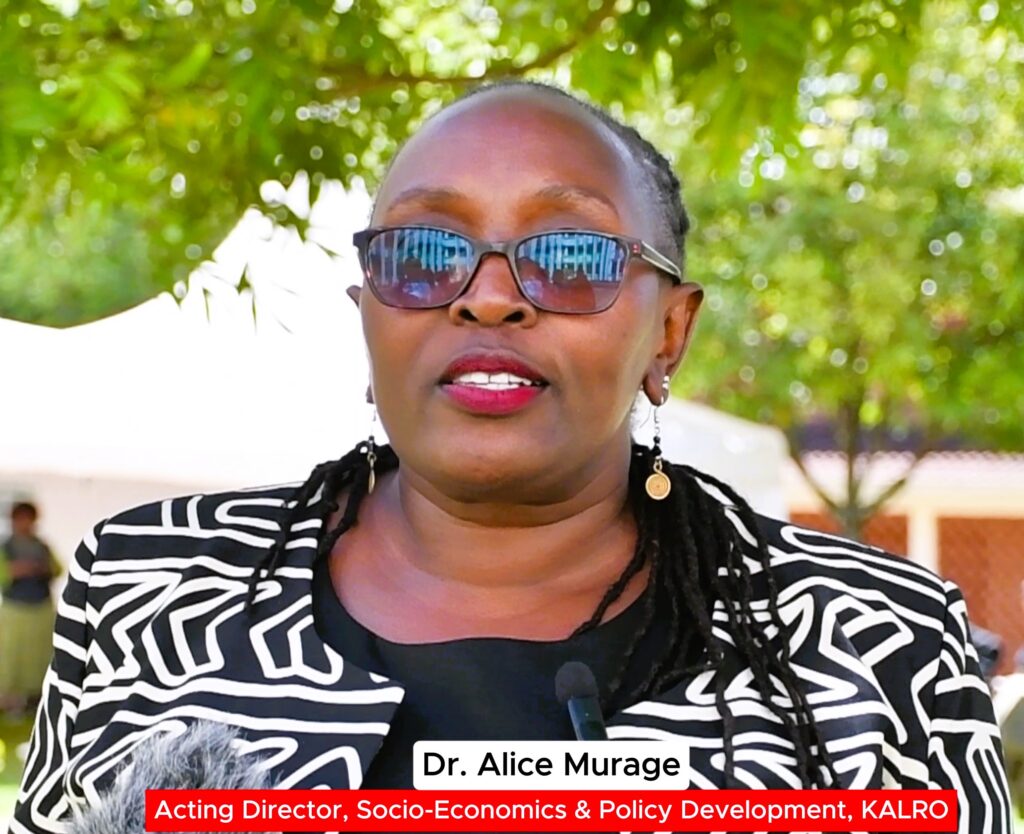
“By participatory research, I mean we have to visit our clients, who are farmers, and we listen to them. We understand what their needs are, what their challenges are, and what problem they want us to solve. So, once we have done this through either a baseline survey, or what we call ex-ante analysis, we understand what now we need to come and advise our biophysical scientists to take to the lab or to take to the farm, because nowadays we do a lot of on-farm research, and then they can come up with solutions, tailor-made for that community, depending on the needs that they told us,” she opined.
Dr Murage added that at times, you can develop a technology that may not be attractive to the farmer if you do not involve the community. But if you involve them from the beginning, then they should be able to take up that technology, because you take care of their preferences.
Keynote speakers from partner institutions, including ILRI, TEGEMEO, FAO, IDRC, and ICIPE, participated alongside pioneer socio-economists who laid the foundation for policy-focused agricultural research at KALRO. The DG commended their contribution to extending research impact beyond laboratories into farming communities.
The three-day conference featured presentations and discussions structured around major sub-themes, including Market systems and agribusiness, Gender and youth inclusion in agriculture, Agricultural policy reform and Digital transformation in agricultural value chains. The private sector was also represented, and scientists from other national research organisations and the CGIAR.
Dr Murage added that they attracted 132 papers, which were presented during the conference, cutting across various sub-themes, including issues of economic analysis, adoption of technologies, and gender analysis. KALRO is also looking at how it can improve its extension through digitising its technologies.


